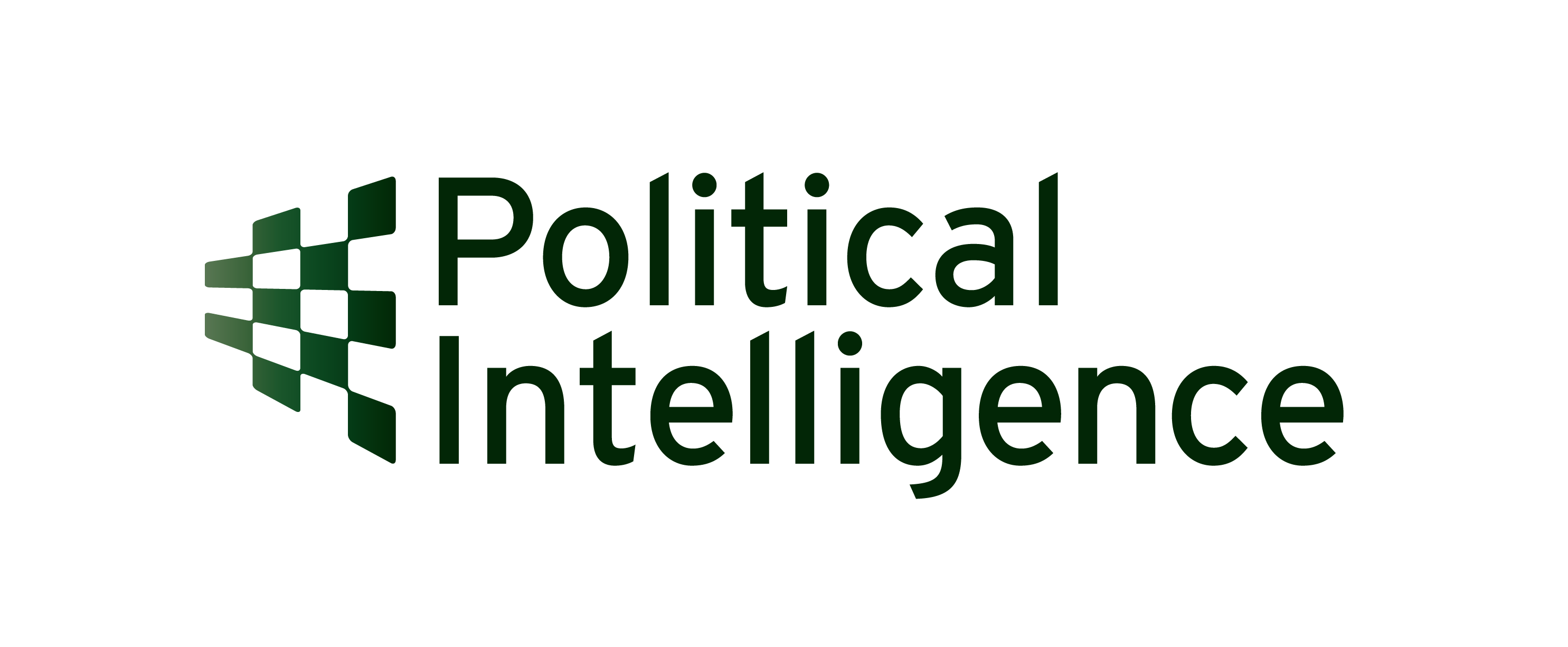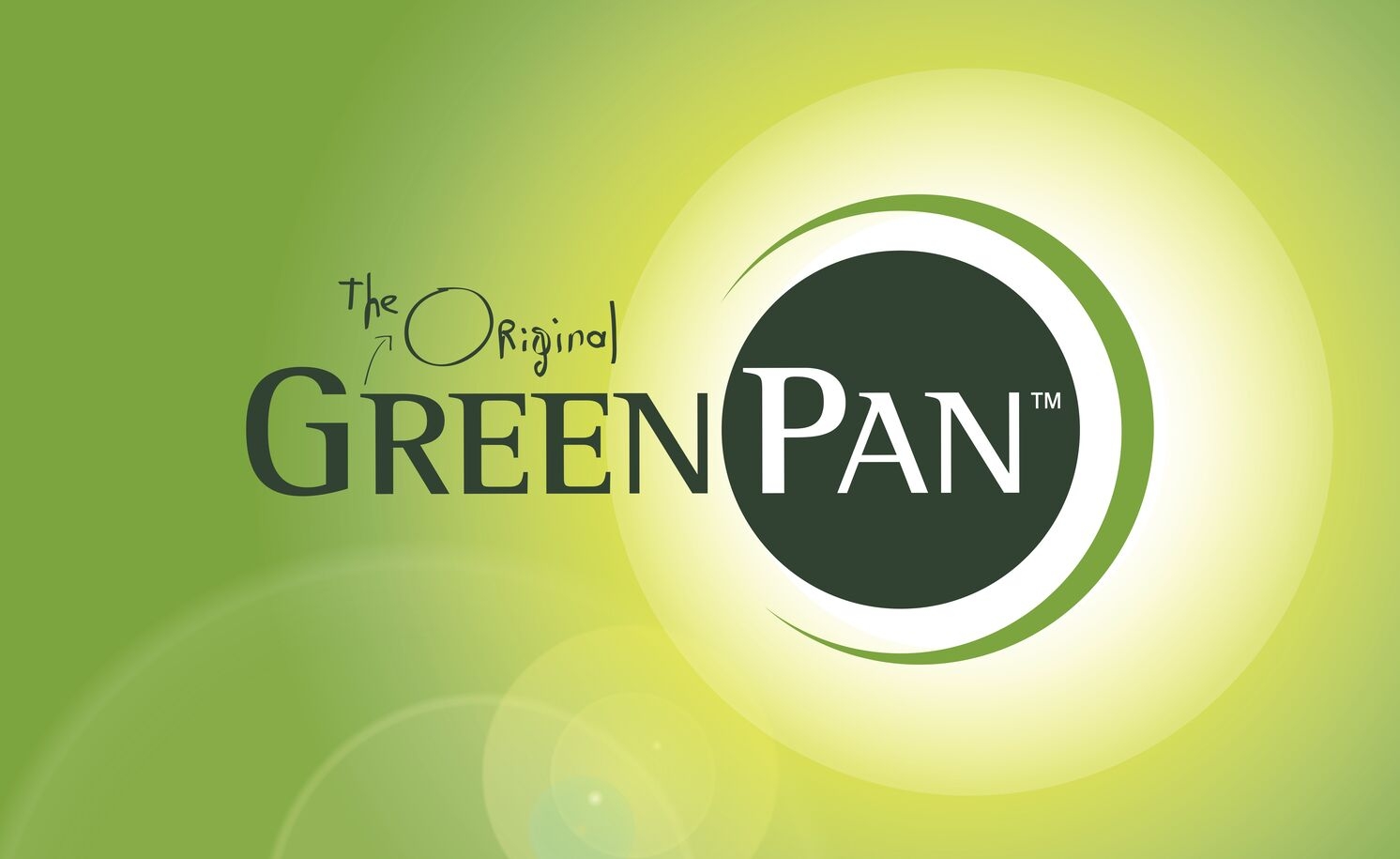Lingering fatigue after breast cancer

This is fatigue that severely interferes with daily functioning and does not disappear with a good night's sleep. The severity can range from constant physical exhaustion to mental sluggishness that affects concentration and memory.
It leads to feelings of frustration, as people want to get back to their lives as soon as possible. Resuming work is sometimes impossible because of severe fatigue. On top of that, those around them are not always understanding. People want to leave the cancer behind as soon as possible.
Lingering fatigue after cancer can have several causes. For example, chemotherapy and radiation can have a long-term impact on the body. In addition, hormonal therapies, such as tamoxifen or aromatase inhibitors, have fatigue as a common side effect. Furthermore, psychological factors, such as stress, fear of relapse or depression, play a role. Decreased fitness after cancer treatment intensifies feelings of fatigue.
Those who have gone through cancer are more likely to remain vulnerable and bump into their limits more quickly. There is usually little attention to this and the medical community has no ready-made solution. It is up to ex-patients to develop strategies to deal with fatigue.
Strategies that help with fatigue after cancer:
- Energy management: spreading out activities and alternating them with moments of rest can prevent overload.
- Physical activity: appropriate exercise, such as walking or yoga, can improve energy balance.
- Psychological support: cognitive behavioral therapy and mindfulness sometimes help cope better with symptoms.
- Medical follow-up: good communication with health care providers remains essential to rule out other possible causes.
Conclusion
Long-term fatigue after cancer is a common but often misunderstood complaint. Recognition and understanding, both from the medical community and the immediate environment, are crucial to giving ex-cancer patients the support they need. By increasing awareness, we can work together to improve the quality of life after cancer.
Continue reading

What does a breast nurse do?

Column: from shared excitement to shared acceptance













.png)
















